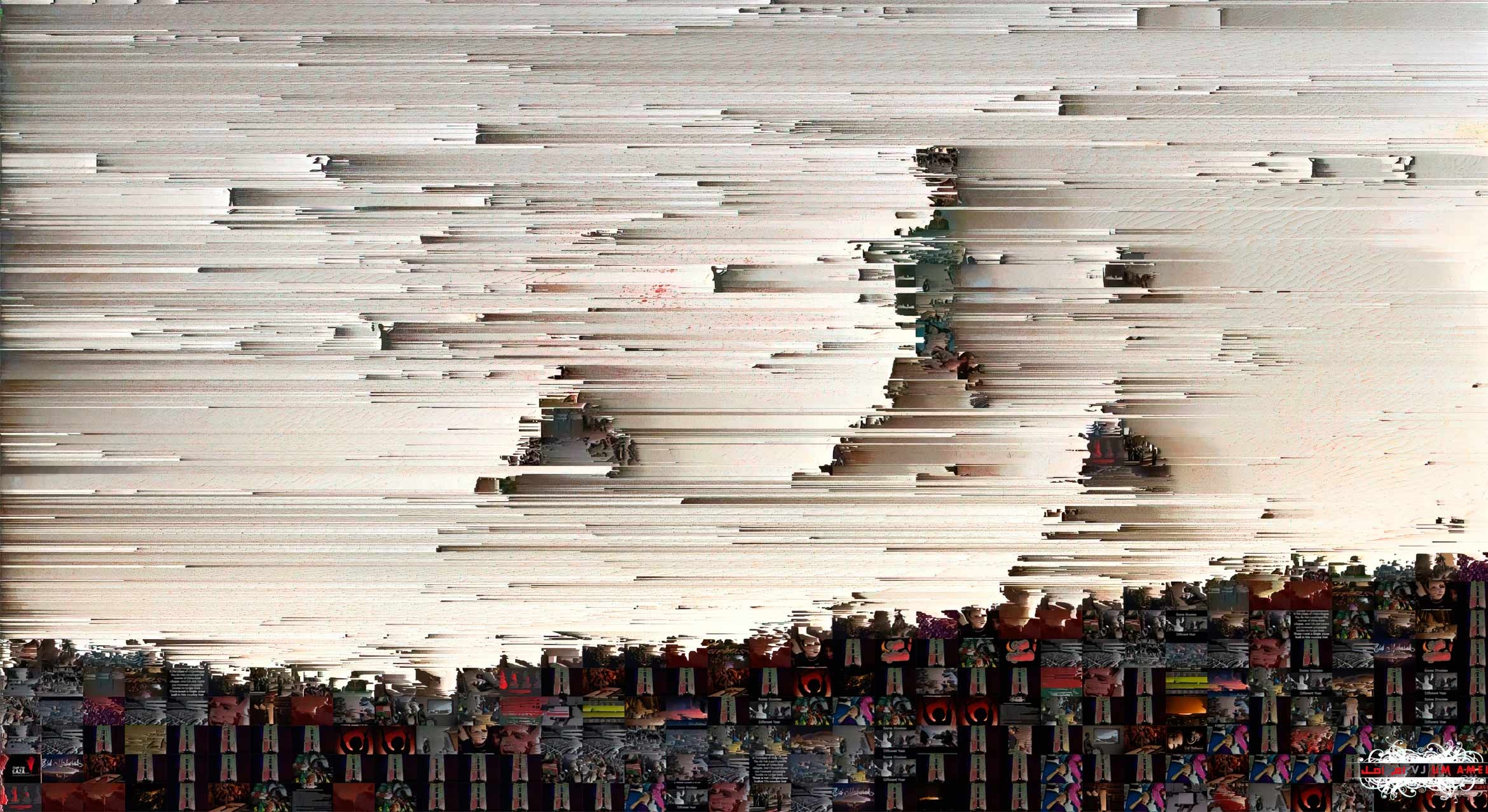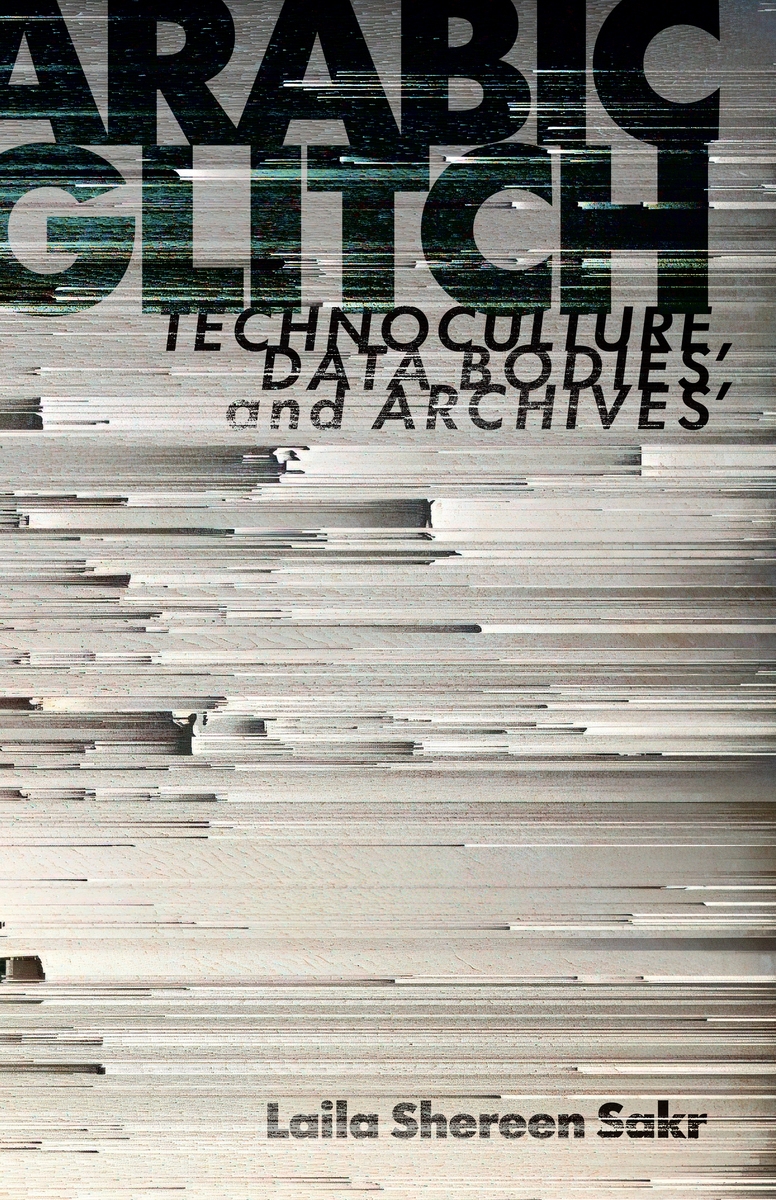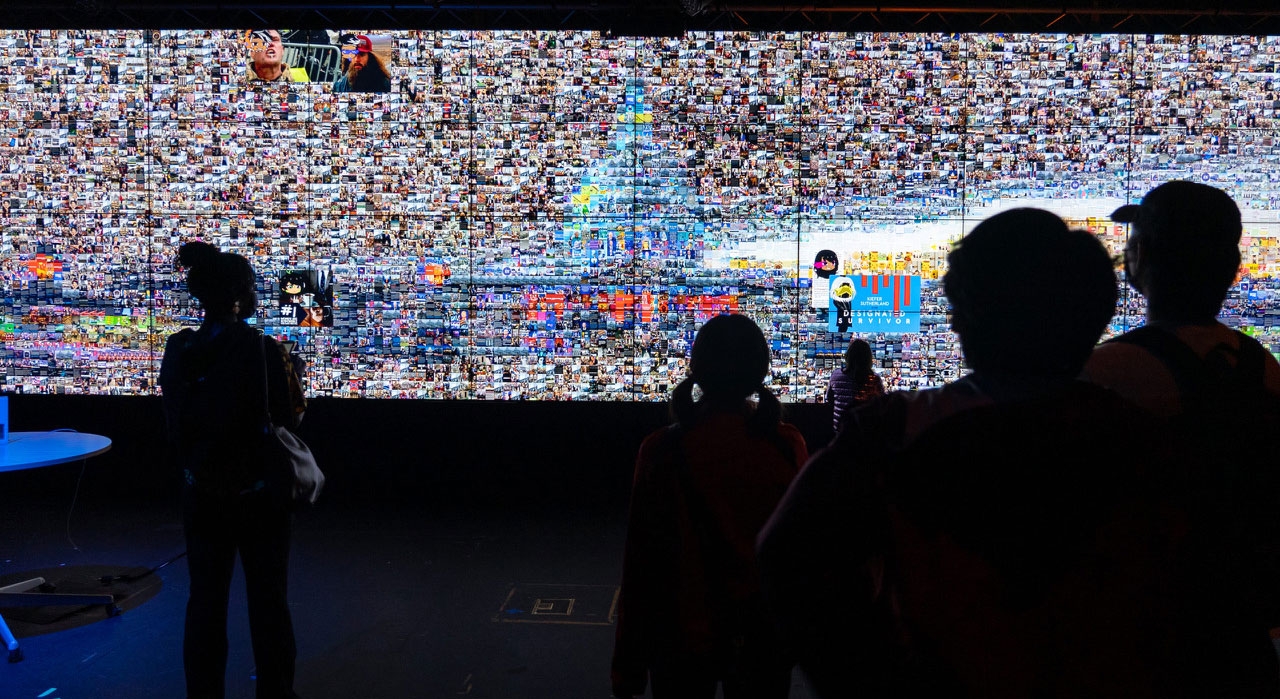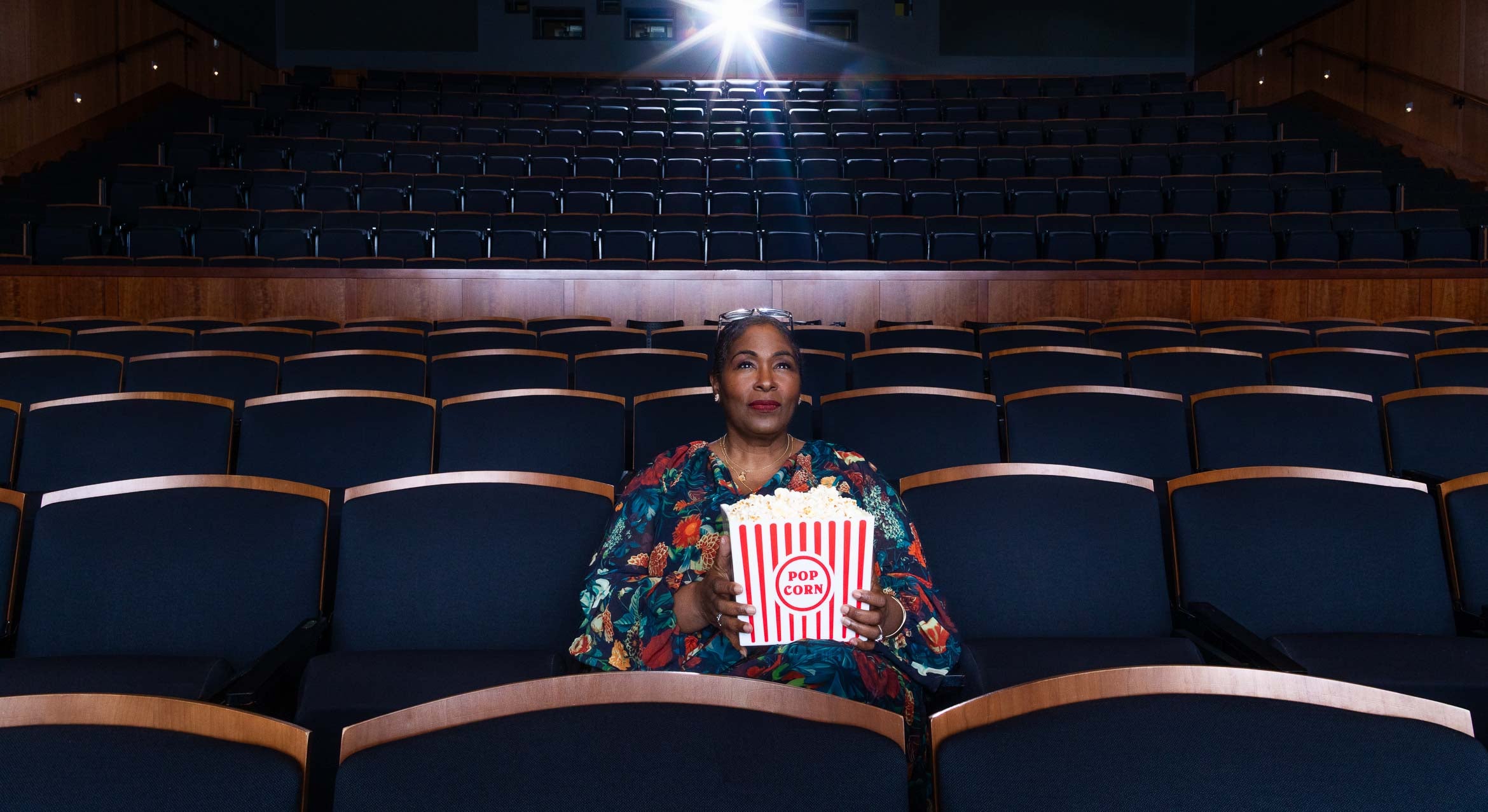
From blood, water and wax to pastel, oil and polymers, artists make work from the materials of their time. For digital artist Laila Shereen Sakr that means using data like clay.
An associate professor of media theory and practice at UC Santa Barbara, in 2009, Sakr created an archive of the internet in 72 languages, R-Shief.
There, she found her clay.
“There are critical problems that need to be addressed, and I believe that creative ways of responding are the only way to make a real difference,” said Sakr, whose newest book, “Arabic Glitch: Technoculture, Data Bodies, and Archives” (Stanford University, 2023) engages her artistic practice to explore how a region under transformation became a vanguard for new thinking about digital systems.
Like Sakr herself, the book has two voices: Sakr the scholar and Sakr’s Arabic-speaking cyborg, VJ Um Amel, which means video jockey “Mother of Hope” in Arabic. Using R-Shief’s archive of Arabic social media data, Sakr interrogates how the logic of programming technology influences and shapes social movements. Between points of view, Sakr explores the records they keep, the lives they impact and how to create change from within.
Engaging revolutionary politics, Arab media and digital practice in form, method and content, Sakr formulates a media theory that advances the concept of the glitch as a disruptive media affordance. She employs data analytics to analyze tweets, posts and blogs to describe the political culture of social media, and performs the results under the guise of VJ Um Amel.

“The Middle East and the US policy in the Middle East is defining our current moment,” Sakr said. “If you want to understand politics today, the Arab world is the center, but most Americans don’t see that.”
In “Arabic Glitch,” Sakr makes three main points. First, there is no longer any difference between the embodied real world and the online virtual world. Sakr coined the term “data body,” for an individual’s data records, noting that both bodies and data are physically, socially and energetically actual. “Every human today has data records, institutional records,” she said. These include school GPAs, driving history, medical records, criminal records, immigration records and some, like your credit score can make more of a difference than the color of your hair.
“Data bodies have more impact on your life than your real life and your real body,” said Sakr. “There’s no difference between what happens online and what happens in our real lives. It’s one in the same.”
Second, Sakr argues that students need to acquire “procedural literacy,” as in, how to understand code even if you can’t write it yourself. For Sakr, teaching procedural literacy is one of the most important aspects of her work as an educator.
“I don’t think that everybody needs to become a coder, but we need to have literacy in the procedure of code,” she said. “It’s understanding algorithms which are procedural by nature.”
Finally, Sakr shows how procedural literacy fosters political and social change. For example, a glitch is when something goes wrong in a system, such as when an electrical system goes faulty by accident. But unlike when something breaks and we can no longer use it, after a glitch, it continues.
Sakr calls it “a digital banana peel” because the system slips and it does something else. Glitching means that the system plays out, it just plays out differently than the way it was intended by those who made the system — and that has social movement potential.

“Not every system is built for everyone,” Sakr said. “It’s built for certain people and a certain purpose. So you, as a radical activist — as someone who wants to change the political and social system — you can seek to glitch the existing system because it’s not meant for you and it doesn’t help you in any way, shape or form.”
If you break the system, there is a breakdown, but if you can glitch it, then something else will appear. “Sometimes that something else can be a beautiful unpredictable outcome,” said Sakr, who uses glitch in her digital art practice and applies it as a metaphor in her book for activists changing systems.
Sakr’s current project is Data Bodies, an Arab futuristic video game about liberation based on her R-Shief dataset.




